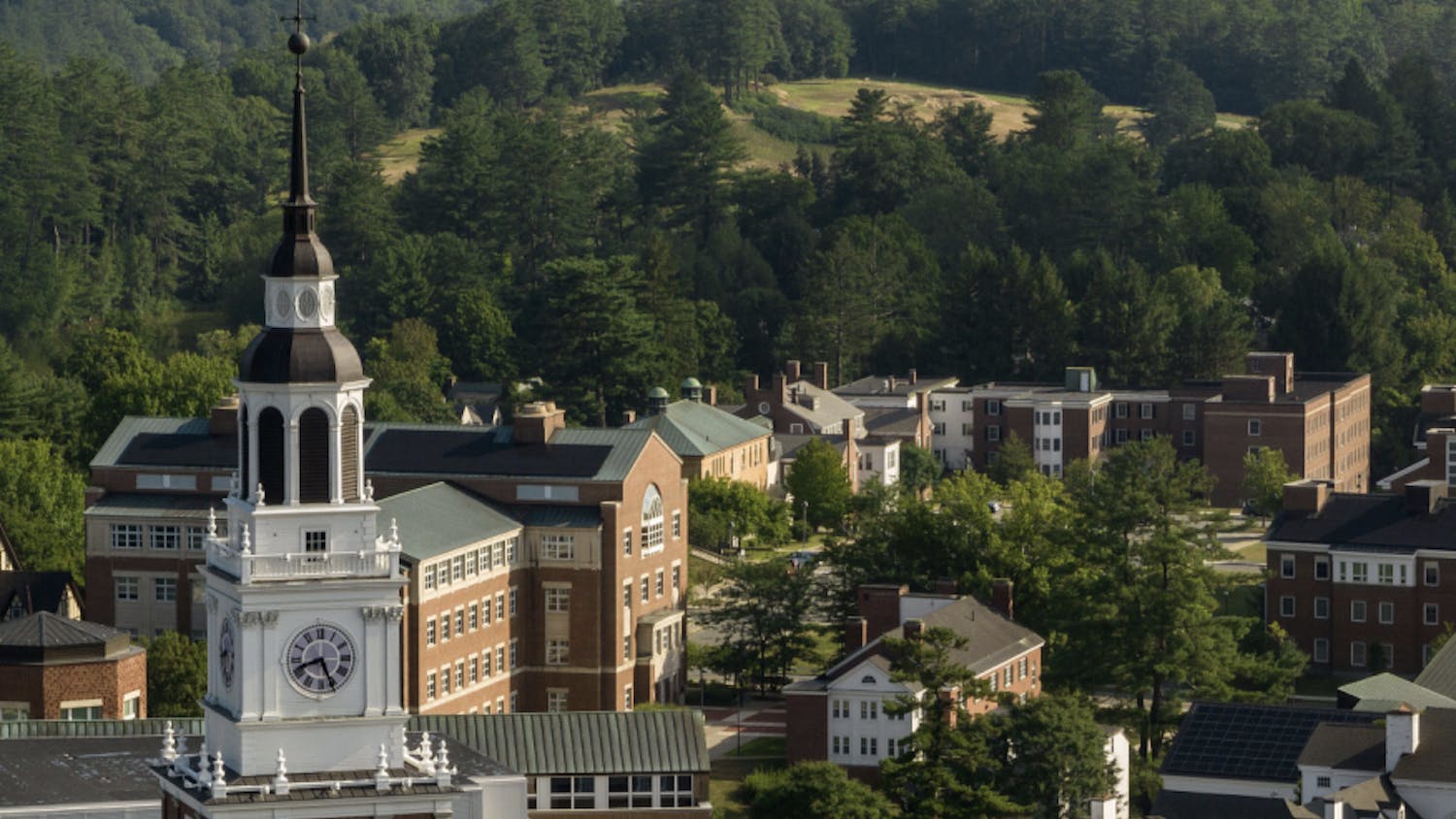Approximately two-thirds of 2010 college graduates took out student loans to pay their tuition, averaging $25,250 of debt acquired over four years, according to "Student Debt and the Class of 2010," a report published by The Project on Student Debt. The average amount of debt for 2010 graduates of public and private non-profit four-year institutions in New Hampshire was $31,048, which represented the highest average debt amount among all 50 states, according to the report. Fifty-one percent of members of Dartmouth's Class of 2010 graduated with debt, averaging $18,712 per graduate. The Project on Student Debt prepared the report using information voluntarily submitted to college resource book publisher Peterson's, according to The Chronicle of Higher Education.
Ohio State University unveiled a plan to outsource its parking operations as a way to raise money for academic programs and new faculty hires, Inside Higher Ed reported Wednesday. Ohio State would receive more than $375 million up front for outsourcing its nearly 36,000 parking spots for the next 50 years, according to Inside Higher Ed. If the university's parking is taken over by an outside firm, the company in control would be able to double parking rates in the next 10 years, Insider Higher Ed reported. Opponents of the plan fear that the university has become too focused on making profits, and various community members said they are concerned that if the trend of outsourcing continues, students and faculty members will have increasingly less control over the university in the future, Inside Higher Ed reported.
Universities increased their commercialization of academic research despite poor economic conditions in 2010, The Chronicle of Higher Ed reported Tuesday. Universities were issued 4,109 patents, up from 3,088 the previous year, and signed a total of 4,735 licensing deals with companies, up from 4,624 in 2009, according to The Chronicle. This uptick was likely prompted by increasing political encouragement for universities to help the nation's economy. The White House promised federal research agencies an increase in commercialization of government-financed research, and universities have been creating their own programs to pay for prototypes or proof-of-concept experiments that normally would not receive funding, according to The Chronicle. Such programs could reportedly help start-up companies stay in business, according to The Chronicle.



